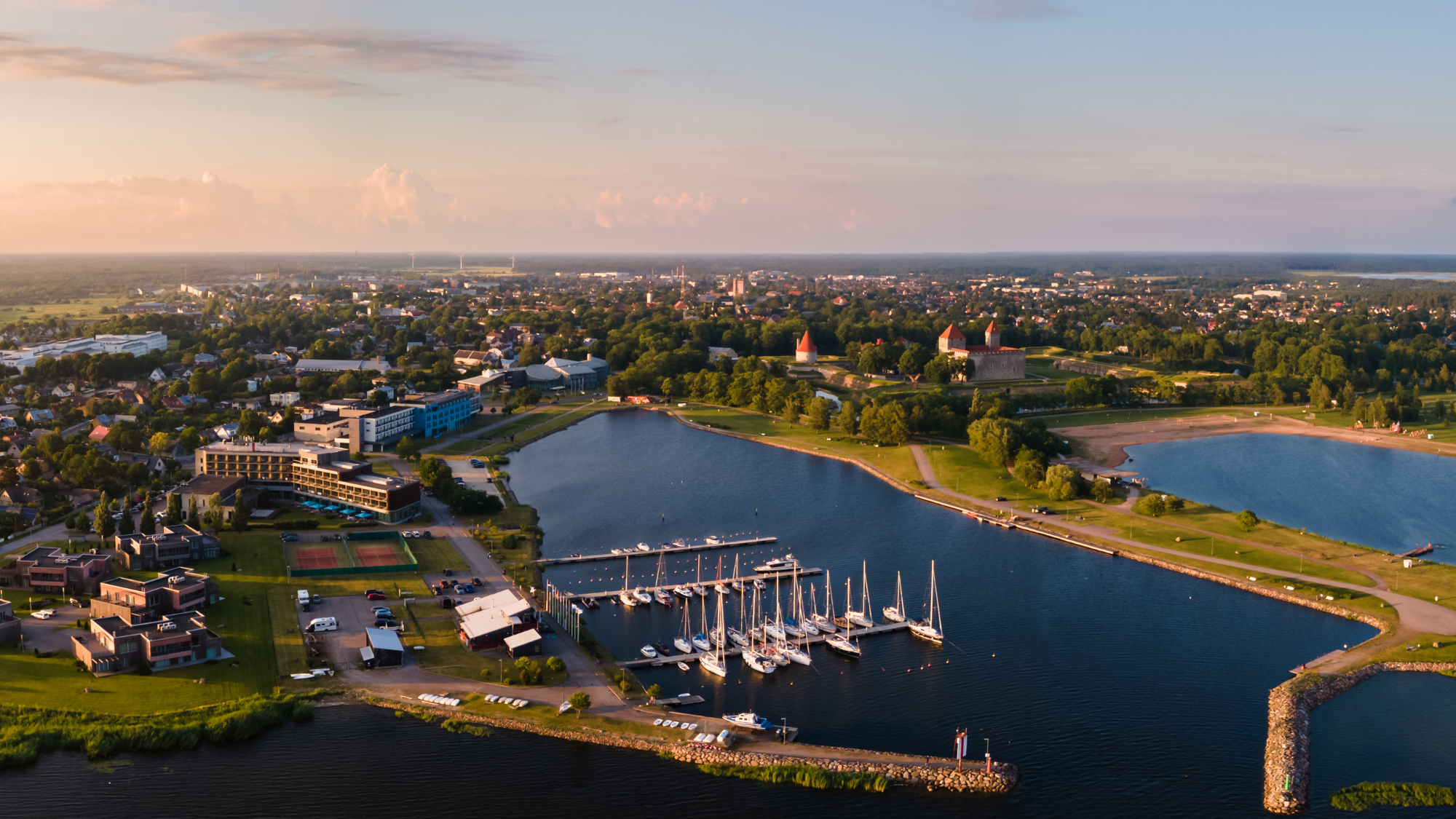Saaremaa: a remote island escape in Estonia
An idyllic location for an 'off-grid' holiday

A free daily email with the biggest news stories of the day – and the best features from TheWeek.com
You are now subscribed
Your newsletter sign-up was successful
With its big skies, pristine beaches and "farm-to-fork" food, the Estonian island of Saaremaa is a dreamy place for an "off-grid" summer holiday, said Rick Jordan in The Daily Telegraph. Some 50 miles across, it is the largest of the Baltic state's 2,000 or so islands, and was once home to 100,000 people. But many fled in 1944, as the Red Army "drove the occupying German forces into the sea"; and it remained a Soviet military zone, off-limits to most Estonians, until 1989. Families have since returned – the population is now 30,000 – and it has become a popular destination with holidaymakers from Tallinn and beyond. But you can still wander for hours through its wildflower meadows, pine forests and wetlands without encountering another soul.
Among the returnees is Maria Tamander, whose family had fled to Sweden. She and her mother reclaimed their family estate in the island's far west in the 1990s, and this year she opened a "freewheeling hotel and creative retreat", the Pilguse Residency, in a 17th century farmhouse nearby. It doesn't take long to "settle into the island's slow rhythms". Cycling, canoeing, horse riding and boat trips are all easily arranged, and there's a lily-strewn swimming pond in the grounds, as well as a smoke sauna. Guests stay in the main house, in rooms furnished with vintage Danish pieces, and in three cabins beside a reed marsh nearby; here you can wake up and sit "unnoticed", as if in a bird hide, "spotting wagtails and goldfinches in the branches outside".
The island's pretty capital, Kuressaare – with its expansive medieval castle – sits half-an-hour's drive to the south. And immediately to the north lies the Vilsandi National Park, which grew out of one of the world's first bird sanctuaries, founded by a lighthouse keeper in 1910. Today, it is a breeding and nesting ground for more than 240 avian species, and a good place to spot elk and grey seals too.
The Week
Escape your echo chamber. Get the facts behind the news, plus analysis from multiple perspectives.

Sign up for The Week's Free Newsletters
From our morning news briefing to a weekly Good News Newsletter, get the best of The Week delivered directly to your inbox.
From our morning news briefing to a weekly Good News Newsletter, get the best of The Week delivered directly to your inbox.
Doubles cost from £100 (pilguse.com).
Sign up for The Week’s Travel newsletter for destination inspiration and the latest news and trends.
A free daily email with the biggest news stories of the day – and the best features from TheWeek.com